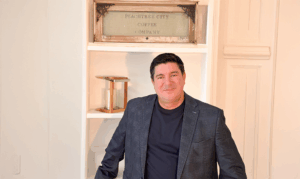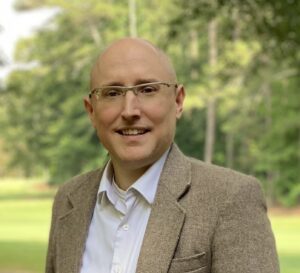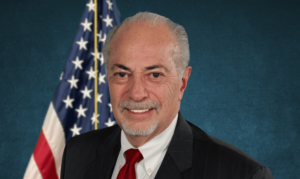Recently, Fayette County Board of Education Chairwoman and candidate for reelection Marion Key has suggested that given our current financial position we could consider reducing our school tax millage rate, further reducing funding to Fayette County’s excellent and quality public schools. The article states the proposal could be 1 mill, which would reduce local school funding by more than $3.5 million annually. I disagree with her assessment.
Mrs. Key was first elected to our school board in 1992, and has seen firsthand how the state of Georgia has continuously failed to follow its own funding formula to provide money earned by our schools has required more local funds to attempt to maintain our Fayette advantage of smaller class size, K-1 parapros, and excellent well paid teachers. The state of Georgia has withheld over $100 million of earned funds during Mrs. Key’s tenure through no fault of hers but she should understand the recurring and real threat of further cuts.
During the recession, we took money from our teachers and staff to maintain lower class size, K-1 parapros and neighborhood schools until the last possible moment. While we paid our teachers and staff less, we did not lessen their work.
In the recent past Chairwoman Key was on the board that did indeed restore the furlough days to the teachers and instead closed four neighborhood schools, greatly reduced K-1 parapro support, and increased class size. Last year the fifth grade classes at Peachtree City elementary had 29-30 kids per class while FCBOE sat on a large cash reserve. While Mrs. Key claims some progress in lowering class size in the article, many agree we are far from the standard Fayette County has developed and delivered upon.
At the time, the board made only small incremental steps to restoring parapros and reducing class size due to concern about impacting the financial health of our school system. While some may reasonably have expected swifter action to restore our proven methods and consider things like STEM funding, increasing vocational education, or making our movie related educational programs more robust, incremental action seemed wise.
However, proposing to further reduce funding while believing we cannot restore and possibly expand our school programs may be politically popular with some seems unsustainable, unreasonable, and unwise.
This recent proposal reflects a pattern of well-meaning reactions and tactical decisions to emerging situations and not within a construct of a strategic plan to restore our excellent and quality schools to their place among the elite systems in Georgia. While our school system continues to fall in most rankings from its former elite status, other systems continue to invest in its children, innovate in the classroom, and invent the future of public education.
I respect Chairwoman Key and appreciate her two decades of service, however, we need a sustainable plan to protect our schools and provide for their prosperity. I hope if reelected Mrs. Key will consider pupils above politics and engage the entire community to make our schools great again.
Neil Sullivan
Peachtree City, Ga.
[The editor replies: Neil, I welcome your reasoned argument against a tax rate decrease. And you allude to the possible reason why the school budget continues to increase while student numbers decrease.
But there’s a salient point you ignore: staff numbers growth vs. student numbers decline.
While lower state funding, catch-up from the lean years and slightly larger class sizes may explain spending more money just to maintain, how do you justify the pure addition of 60-plus positions (not replacements) to the already generous numbers of staff (compare to Coweta — budget, staff numbers, student numbers and scores) while student numbers have fallen more than 2,000 over the past 10 years?
And what would be your ideal student-teacher ratio: 25-1, 20-1, 10-1, 1-1?
It seems to me as if we might be witnessing a well-camouflaged jobs program — empire and bureaucracy building in the name of “the children.”
Care to rebut?]











Leave a Comment
You must be logged in to post a comment.